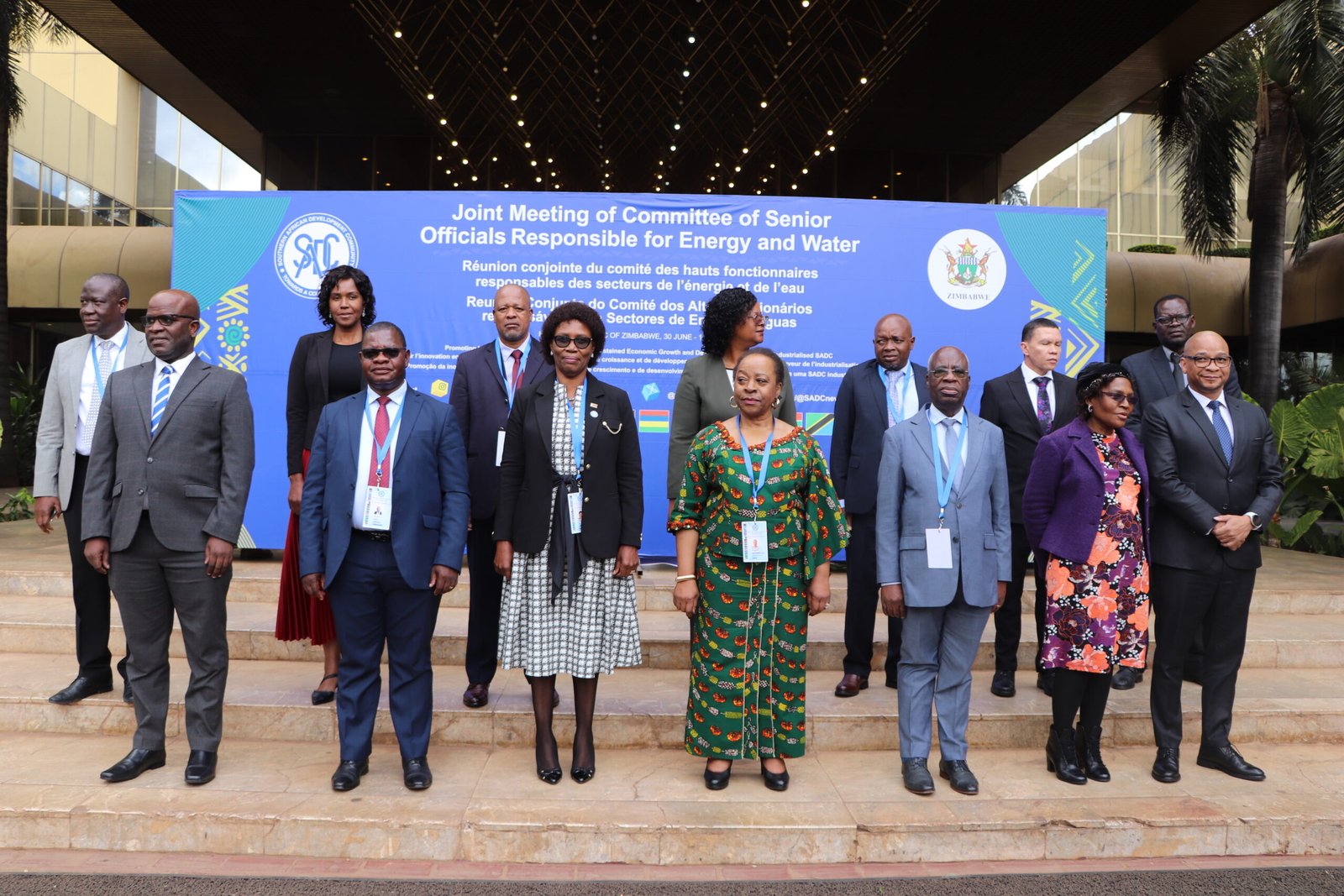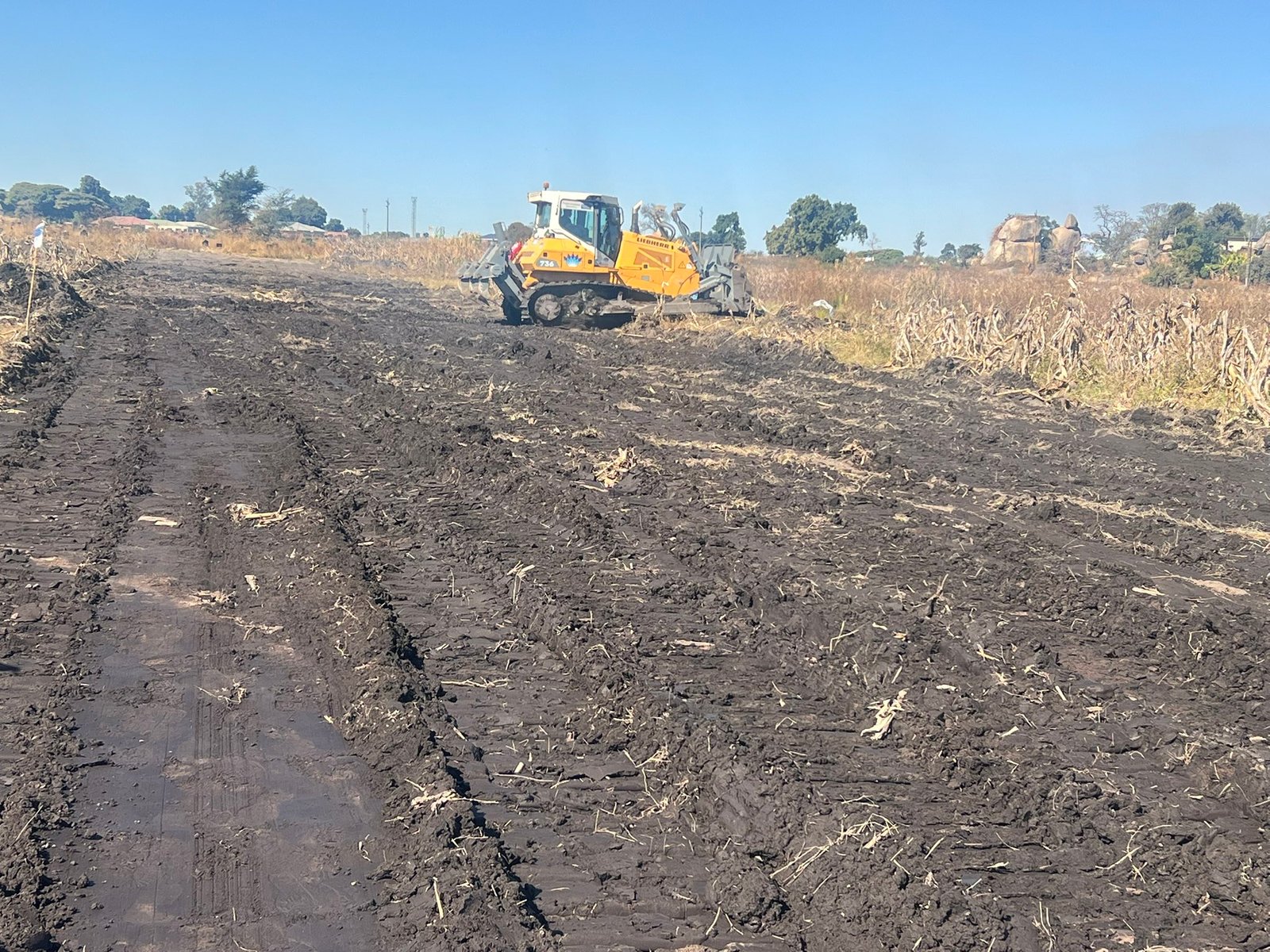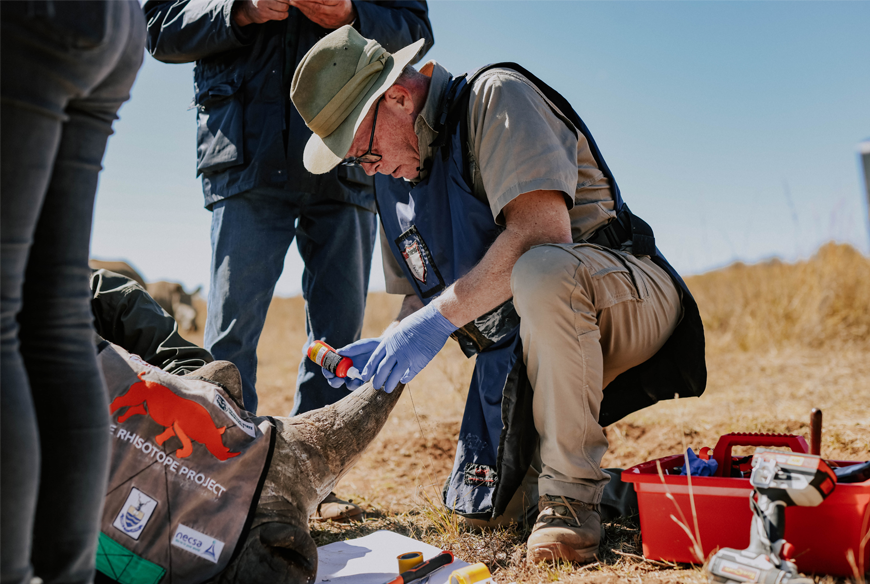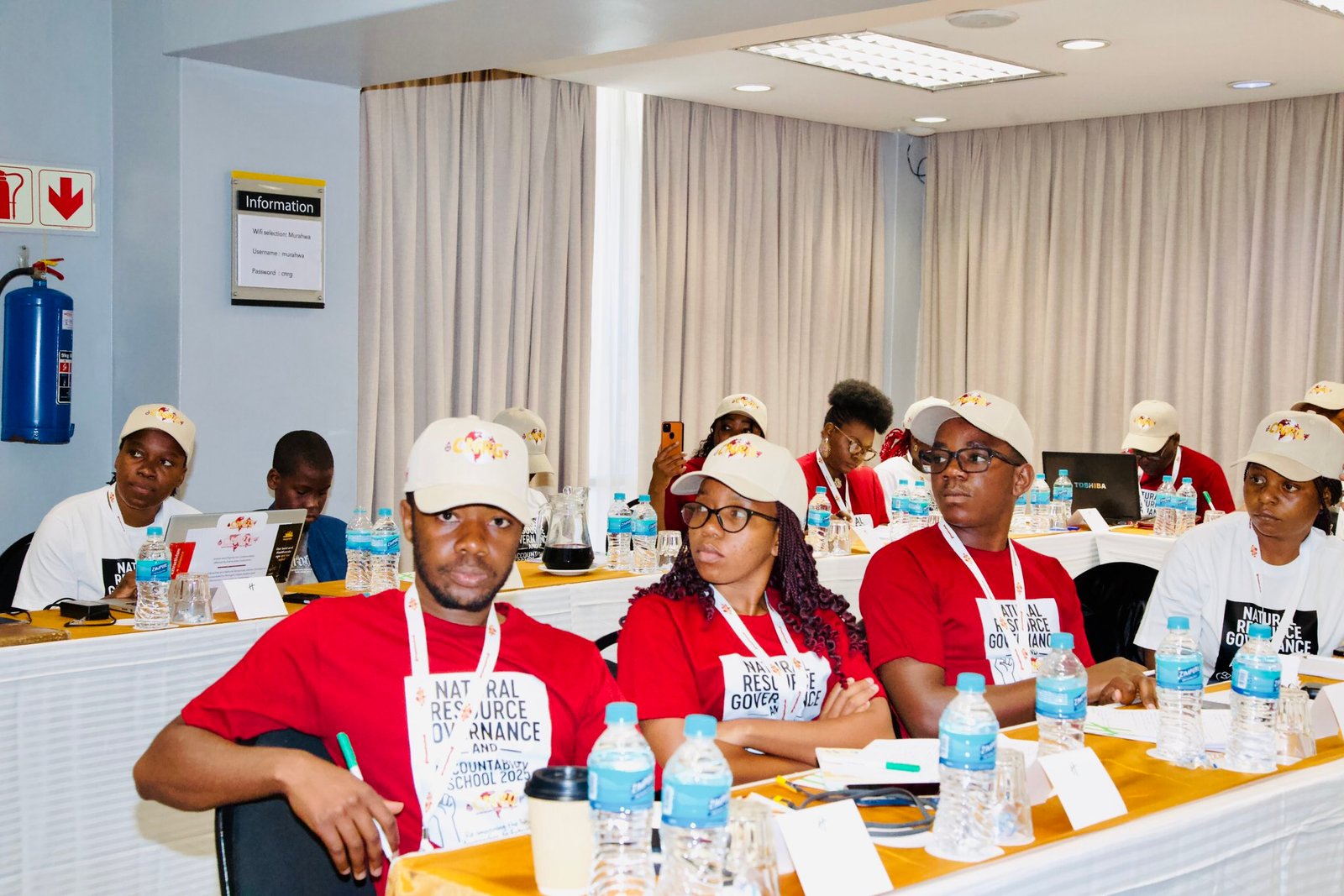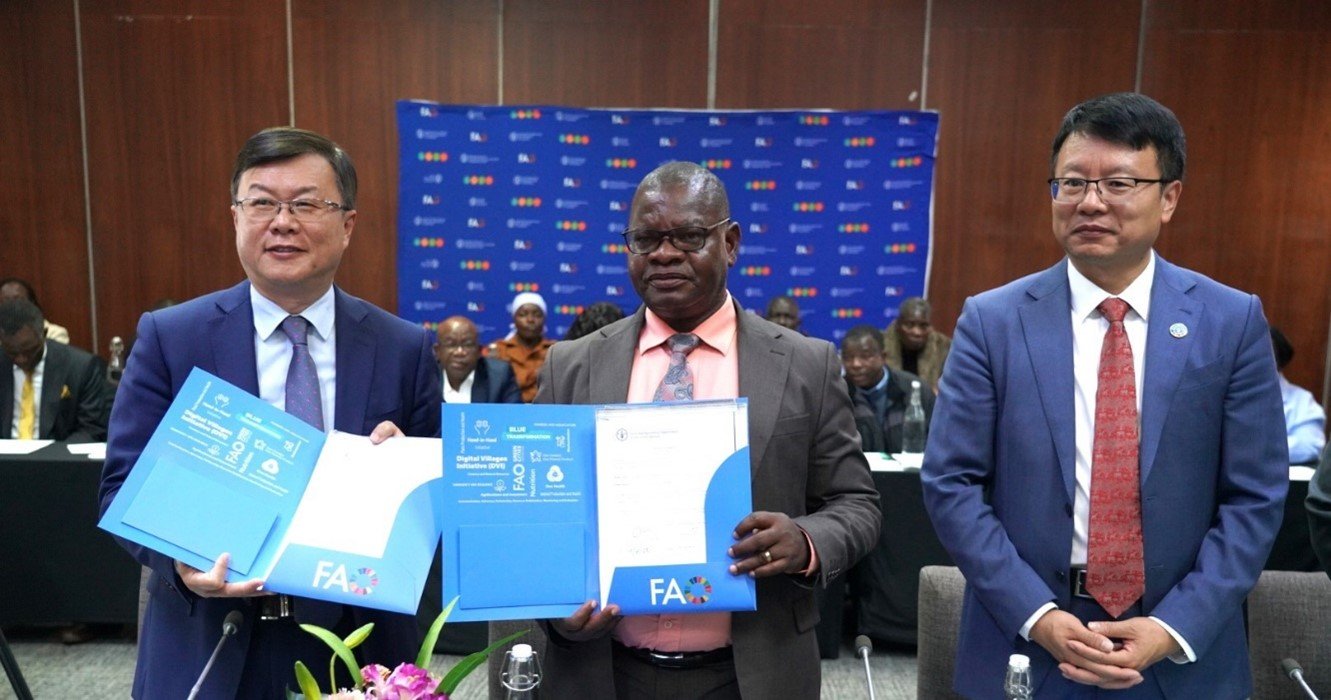Southern African Development Community (SADC) member states have convened in Zimbabwe’s capital for the 43rd Joint Meeting of Ministers responsible for Energy and Water, with climate change, regional energy security, and water management high on the agenda.
Energy and Power Development permanent secretary Dr Gloria Magombo, said the region is at a critical juncture, facing mounting pressures from rising populations, climate variability, and increasing demand for water and power.
“This meeting is a clarion call to action-a rallying point for us, as a united Southern Africa, to confront the pressing challenges that threaten our collective future.”
“Water and Energy are not merely a resource and a service, these are the very lifeblood of our economies, the foundation and anchor of public health, and the cornerstone upon which sustainable development can be built,” she said.
“Our region faces a triple crisis of rapid population growth, the escalating impacts of climate change, and rising water and energy demand. These are trans-boundary challenges that transcend national borders and demand a unified, regional, and continental response.
Dr Magombo warned that climate change is already having a significant impact on Southern Africa, with more frequent droughts and floods affecting energy generation and water availability.
She pointed to hydropower generation at the Kariba Dam, jointly managed by Zimbabwe and Zambia, which dropped below 25% capacity at times due to reduced water inflows caused by prolonged dry spells.
“The Energy sector has suffered immensely from the adverse climate impacts particularly leading to huge reductions in hydropower production which is one of the most affordable sources of electricity. Zimbabwe and Zambia shared hydropower resource, Kariba is a case worth mentioning which has seen hydropower generation dropping to below 25% at some point.”
The meeting comes as the region pushes forward with the energy transition agenda. Magombo stressed the need for a fair and just energy transition that includes beneficiation of critical minerals used in clean energy technologies, and increased regional value addition.
“The just energy transition agenda needs attention at regional level to ensure that SADC’s economies also transition for better.”
“The endowment of the region with critical energy transition minerals should be a blessing and not a curse. Let us join hands and collaborate in moving up the value chains of our energy minerals for diversified economies and sustainable regional markets,” she added.
She praised ongoing regional initiatives including the Southern African Power Pool (SAPP), cross-border energy projects, and joint water management schemes, such as the Chirundu water supply study with Zambia and the SADC Border WASH project.
Participants are expected to discuss key programmes such as Mission 300, the Grand Inga hydropower project, clean cooking initiatives, and the Congo Basin water transfer. The meeting will culminate in ministerial discussions scheduled for July 4.
Dr Magombo urged delegates to use the platform to accelerate progress toward Africa’s Agenda 2063 and the United Nations Sustainable Development Goals, particularly SDG 6 (clean water and sanitation) and SDG 7 (affordable and clean energy).
“We have a shared responsibility to ensure access to clean water and energy for every citizen in the region,” she said.
She praised ongoing regional initiatives including the Southern African Power Pool (SAPP), cross-border energy projects, and joint water management schemes, such as the Chirundu water supply study with Zambia and the SADC Border WASH project.
Participants are expected to discuss key programmes such as Mission 300, the Grand Inga hydropower project, clean cooking initiatives, and the Congo Basin water transfer.
The conference continues through the week, with calls for greater cooperation in addressing the region’s energy and water challenges in a rapidly changing climate.

